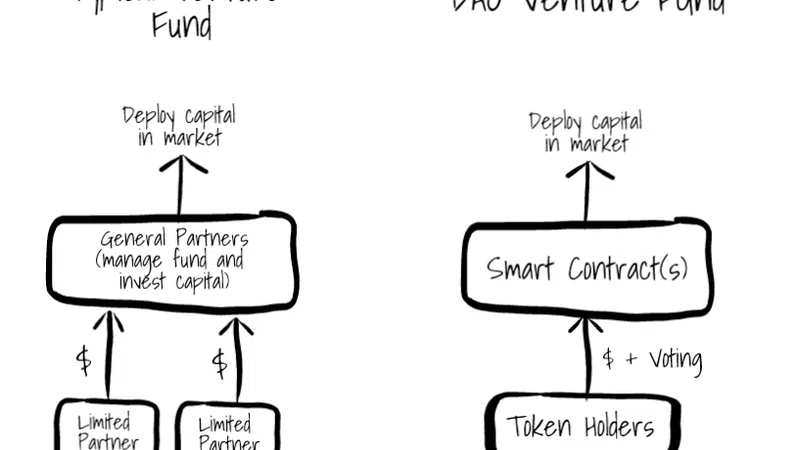The FinTech industry has been a topic of focus in recent years. Additionally, it has positively impacted most industries in various ways. On the other hand, the agriculture sector has also experienced a great change and significantly contributed to the economy globally.
So, has the FinTech industry really helped farmers in their day-to-day activities? Innovative FinTech startups have played significant roles in the agriculture sector whereby it has enhanced easy financing and payment models for farmers. In fact, there are FinTech startups that strictly focus on agriculture. Below are four ways the FinTech industry has transformed farming.
1) Financing for Farmers
Farming and especially modern farming, requires finances to operate. However, a significant number of small-scale farmers have experienced challenges in accessing financial resources for the longest time. Additionally, middlemen crafted their hoops that made it difficult for farmers to acquire funding.
Thanks to FinTech! Nowadays, farmers have easy access to farming loans and other types of funding through FinTech startups. Generally, it’s easier for small and large-scale farmers to access funding through FinTech. India and African countries such as Kenya are the best examples whereby farming is thriving through the help of FinTech startups. Here are a few examples.
In Kenya, startups such as Tulaa and Apollo Agriculture serve as online marketplaces for farm loans. Farmers (including those in remote areas) can access credit and loans to keep running their farming activities through these platforms. Figured is another startup worth mentioning that offers services to farmers in New Zealand, Australia, the U.K., and the U.S.: it offers farmers planning and resource management tools to manage their business finances.
2) Better Insurance
Animal, crop, and equipment insurances are becoming common to small-scale farmers through the FinTech industry.
One of the challenges of the entire globe is dealing with climatic shock. In this case, the agriculture sector is a direct victim. The challenges they deal with include floods, droughts, wildfires, pests, and diseases. Besides such challenges threatening food security, farmers are distressed due to losing their produce and animals. Additionally, we cannot ignore the fact most of these farmers go small scale. According to the Food and Agriculture Organization (FAO), 90% of the world’s farms are small-scale.
However, through the FinTech industry, there is “light” for small-scale holders to insure their farms. Unlike the traditional insurance sector, Insurtech startups provide farmers with affordable insurance across the world.
For instance, World Cover is one Insurtech startup providing satellite-enabled climate insurance to smallholder farmers across countries such as Ghana, Uganda, and Kenya. GramCover is another startup based in Delhi, India, that strictly aims to help rural farmers access various insurance products.
3) Easy and Direct Access to Market
FinTech is a revolution impacting almost all industries in various ways, and agriculture is one of them. For many years, most farmers being smallholders, depended on intermediaries to sell their products. As a result, they don’t get the best pay they deserve for their work and time.
Recently, FinTech has brought a significant change for most farmers whereby they can use their smartphones or computers to access the market for their products and get paid via the same platforms. Generally, FinTech has addressed the gap between farmers, retailers, and manufacturers.
In Kenya, startups such as Twiga Foods, FarmShine, ShambaPride, and M-Farm offer listing platforms for farmers whereby they directly connect with potential buyers. They also provide market prices information.
4) Better Payment Models and Systems
FinTech startups have really paid attention to the payment models and systems that are effective to farmers. One of the challenges that smallholder farmers experience, especially in rural areas, is payment issues.
However, the FinTech industry has enhanced ongoing payment models for farmers needing specific equipment, tools, or other inputs.
Additionally, innovative payment solutions within the agricultural sector have played a role in greater financial inclusion. According to the World Bank Organization, digitization of agribusiness payments to farmers can offer significant benefits beyond the financial inclusion of farmers. Below are other benefits:
- Better transparency in the agricultural supply chains through digital payments
- Reduced cost of payment.
- Further, digital payments strengthen the rural Digital Financial Services ecosystem.
In brief, FinTech has enhanced user-friendly payment models and systems for farmers.
One of the most successful payment systems farmers utilize is M-Pesa in Kenya, a digital payment offered by a telecommunication service provider called Safaricom.
There is no doubt that FinTech is changing many things across the globe. It’s playing a pivotal role in agriculture whereby farmers can improve overall farming, productivity, and operations. Because of FinTech, farmers have easy access to financing, better payment models, affordable insurance, and better market access for their products. Generally, through FinTech, there is hope for better food security that strongly depends on small and large-scale farmers worldwide.













